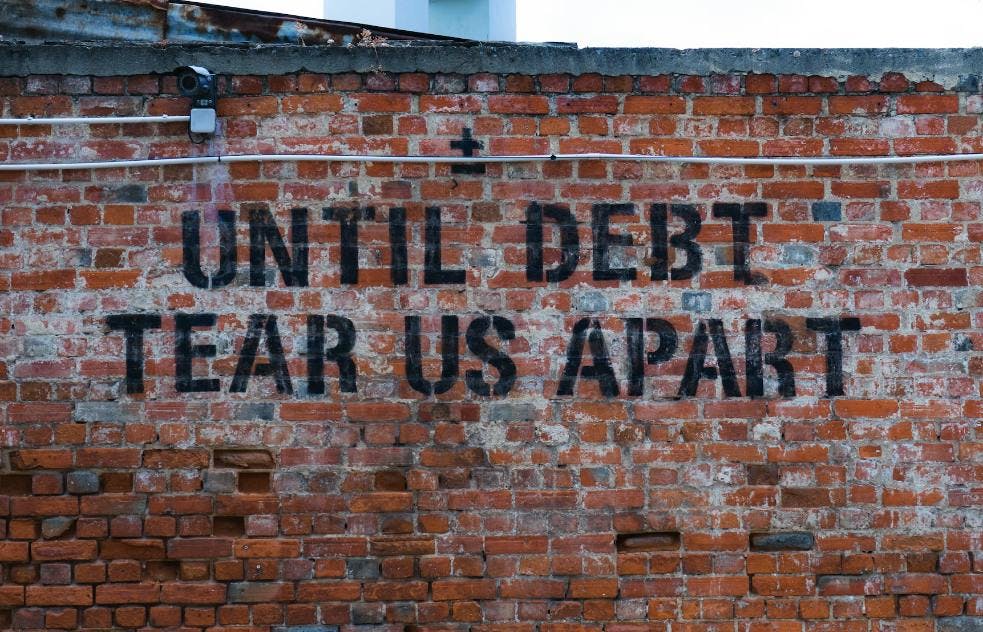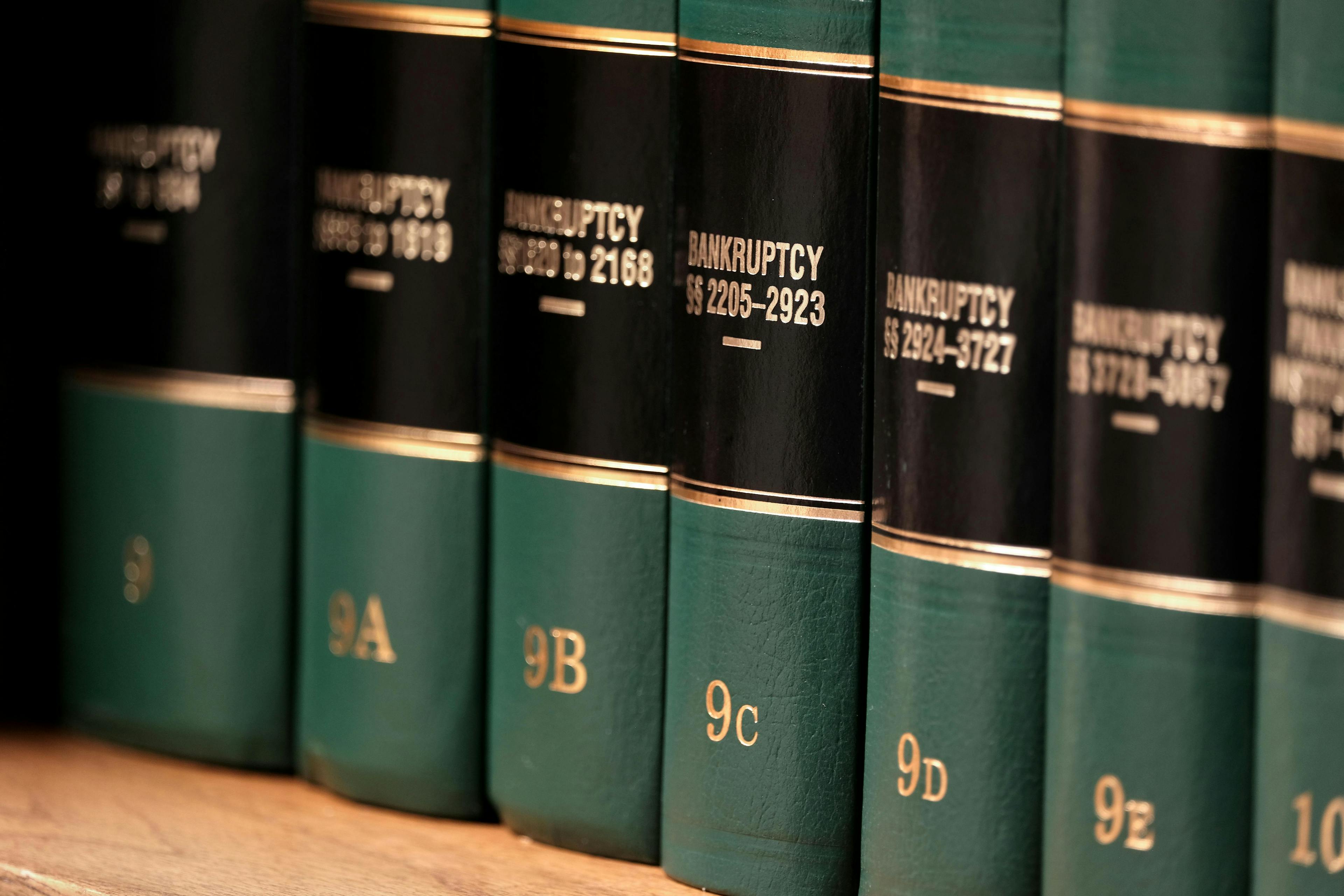Automatic Stay in Bankruptcy: Good or Bad for New York Business Owners?
Crucial Considerations Surrounding General Bankruptcy and Real Estate Bankruptcy
Understanding the complexities of bankruptcy can be challenging—particularly given the precarious state of mind business owners find themselves in during turbulent financial times. Should a business owner file bankruptcy? Should they not? And for what reasons—both for and against filing?
One of the primary features of the bankruptcy process that stands out to many New York business owners and among New York bankruptcy attorneys is the "automatic stay." This provision can either be a lifesaver for some or a point of contention for others, especially within the realm of New York real estate.
So, is the automatic stay good or bad for New York business owners? Here, we explore both sides of the coin.

What Is an Automatic Stay in Bankruptcy?
An automatic stay is an injunction that immediately stops most creditors from pursuing collections against a debtor upon the filing of a bankruptcy petition. This means that while under the protection of the automatic stay, creditors cannot make calls, send letters, file lawsuits, garnish wages, or take any other collection action against the debtor.
The primary purpose of the automatic stay is to give the debtor a reprieve from collections and allow them a chance to reorganize or discharge their debts in peace. Having the room to breathe provides a more stable mental state, so debtors can keenly focus on finding a solution.
What Is the Automatic Stay in Chapter 7 Bankruptcy?
While the automatic stay applies to all forms of bankruptcy, it plays a particularly notable role in Chapter 7 bankruptcy. In short, in this form of bankruptcy the debtor's non-exempt assets are liquidated to repay creditors. The automatic stay ensures that these assets aren't prematurely seized and that the bankruptcy trustee has an opportunity to distribute them fairly amongst the creditors. The following reveals a more detailed look at automatic stay in respect to Chapter 7 bankruptcy.
The Nature of Chapter 7 Bankruptcy
Unlike other forms of bankruptcy where the debtor may work out a plan to repay debts over time (like in Chapter 13), Chapter 7 is predominantly a liquidation process. Here, the debtor's non-exempt assets—meaning those assets not protected by an exemption and thus liable to be sold off—are liquidated to repay outstanding debts. These might include luxury items, certain real estate properties, or investments. However, many of a debtor's essential assets, such as primary residences, basic household goods, and tools of one's trade, may be exempt depending on the state's laws.
Role of the Automatic Stay
The automatic stay acts as a protective shield during this process. Once a debtor files for Chapter 7 bankruptcy, the automatic stay kicks in, immediately preventing creditors from taking direct action to collect what they are owed. This includes not only harassment via calls or letters but also halts actions like repossessions, evictions, or wage garnishments.
Protection of Assets
The primary role of the automatic stay in the context of Chapter 7 is to ensure that a debtor's assets aren't hastily or unfairly seized by aggressive creditors. Instead, it entrusts the orderly process of asset distribution to a bankruptcy trustee. This trustee, appointed by the court, is responsible for collecting the debtor's non-exempt assets, selling them, and then distributing the proceeds to creditors according to the priority set by bankruptcy law.
Ensuring Fair Distribution
Without the automatic stay, there's a potential for a chaotic race among creditors to grab a piece of the debtor's assets. This could result in unfair distributions, with some creditors getting more than they are entitled to while others are left with nothing. The automatic stay ensures that there is an orderly, legal process to distribute assets equitably, giving every creditor their rightful share based on their priority and the nature of their claim.
Automatic Stay and Real Estate Bankruptcy in New York
For New York business owners involved in real estate, the automatic stay can play a crucial role. When a business owner files for bankruptcy, any ongoing foreclosure proceedings on properties they own are immediately halted. This can be particularly beneficial if the business owner is seeking to catch up on mortgage payments or negotiate a loan modification. The time afforded by the automatic stay can provide a much-needed window for recovery or to strategize a plan for moving forward.
However, there is a flip side. If you're a creditor or someone awaiting proceeds from the sale of a property, the automatic stay can delay your access to funds or the progression of a deal. This can be challenging for businesses operating on thin margins or those who rely on the timely receipt of funds. Additionally, if a property is perceived as being a declining asset or if it's uninsured, creditors may petition the court for relief from the automatic stay to proceed with foreclosure.
Making the Right Decision on an Automatic Stay—Straight from the Expertise of a New York Real Estate Attorney
Given the intricacies of the automatic stay and its implications in the New York real estate market, it's imperative to consult with a knowledgeable New York real estate attorney. Such experts, like those at Jacobs PC, can provide clarity on how the automatic stay might impact a business, whether you're a debtor seeking protection or a creditor pursuing what's owed to you.
It’s always been our position to ensure business owners can come to us for guidance on how to navigate turbulent waters, ensuring rights are protected and the best possible outcomes are achieved. Jacobs PC Founder Leo Jacobs has in-depth knowledge of the pros and cons of an automatic stay, and he is not hesitant to do the very best thing for Jacobs PC clients—whether or not an automatic stay is warranted.
Closing Thoughts on the Automatic Stay in Bankruptcy
The question of whether the automatic stay in bankruptcy is good or bad for New York business owners doesn't have a one-size-fits-all answer. For debtors, it can be a critical tool that provides breathing space, especially in the high-stakes world of New York real estate. However, for creditors or other parties involved in real estate transactions, the automatic stay can introduce delays and complications.
Ultimately, the efficacy of the automatic stay, especially in the context of New York businesses and real estate, relies heavily on individual circumstances. Business owners, whether they are potential debtors or creditors, should familiarize themselves with the implications of the automatic stay.
Consulting with a New York real estate attorney can provide valuable insights tailored to a business's unique situation. Understanding the potential advantages and drawbacks of the automatic stay can prepare New York business owners for the challenges and opportunities it presents.
